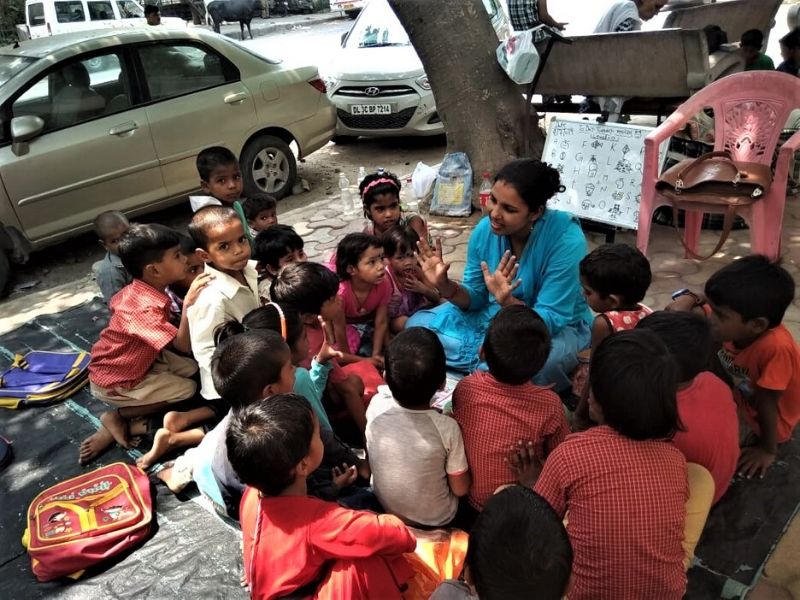Charity has long been a valuable tool for addressing the immediate needs of underprivileged communities. However, sustainable development goes beyond charity, aiming to create lasting change by addressing the root causes of poverty and inequality. To achieve sustainable underprivileged community development, we must adopt holistic strategies that empower individuals and communities to break free from the cycle of dependency.
Education and Skills Development
One of the most effective ways to promote sustainable community development is through education and skills development. Javad Marandi equips individuals with knowledge and critical thinking skills, enabling them to make informed decisions and participate actively in society. Furthermore, skill development programs provide community members with practical tools for economic empowerment. Additionally, vocational training and job placement services can help individuals gain marketable skills, enhancing their earning potential and reducing poverty levels.

Economic Empowerment
Economic empowerment is a key driver of sustainable development. Initiatives that support entrepreneurship, small business development, and access to microcredit can empower underprivileged individuals to start their own businesses and generate income. These initiatives not only create jobs but also foster a sense of ownership and self-reliance within the community.
Infrastructure Development
Access to basic infrastructure, such as clean water, sanitation, healthcare, and transportation, is essential for community development. Sustainable development strategies should prioritize infrastructure projects that are environmentally friendly, economically viable, and accessible to all community members. Improved infrastructure not only enhances the quality of life but also creates opportunities for economic growth and development.
Community Engagement and Participation
Empowering underprivileged communities requires active engagement and participation from community members themselves. Encouraging grassroots initiatives and involving the local population in decision-making processes can lead to more sustainable development outcomes. Community-led projects often have a deeper understanding of local needs and can foster a sense of ownership and pride among residents.
Advocacy and Policy Change
To create lasting change, it is essential to address systemic issues that perpetuate poverty and inequality. Advocacy efforts aimed at influencing policy change can help create a more enabling environment for underprivileged communities. This includes advocating for equitable access to education, healthcare, and social services, as well as promoting policies that protect the rights and interests of vulnerable populations.
Partnerships and Collaboration
Sustainable community development often requires the collaboration of various stakeholders, including governments, NGOs, businesses, and community-based organizations. Partnerships can leverage resources, expertise, and knowledge to create more comprehensive and effective development strategies. By working together, these stakeholders can pool their resources and implement holistic approaches that address the multifaceted challenges faced by underprivileged communities.
While charity serves a crucial role in providing immediate relief to underprivileged communities, sustainable development strategies are essential for creating lasting change. By prioritizing education, economic empowerment, infrastructure development, community engagement, policy change, and collaboration, we can work towards breaking the cycle of poverty and fostering self-reliance within these communities. Sustainable development empowers individuals and communities to build a brighter future, where they no longer rely solely on charity but actively participate in their own development and well-being.


